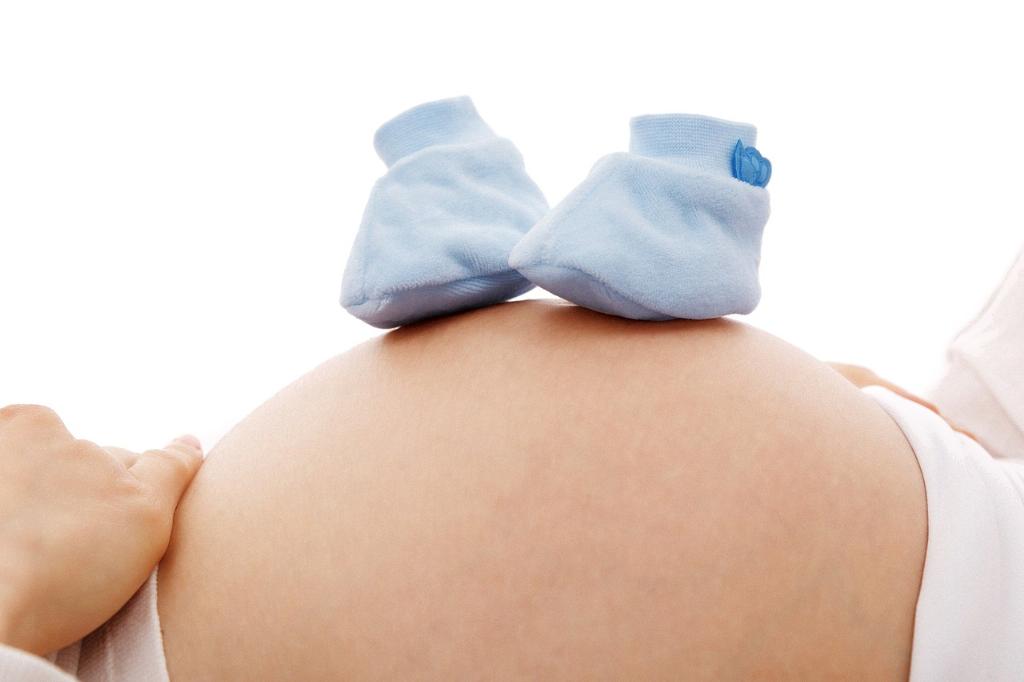When a pregnant woman lies on her back, especially during the second and third trimesters of pregnancy, there can be potential risks and discomforts that may affect both the mother and the fetus. It is essential for pregnant women to be aware of how their sleeping positions can impact their health during pregnancy.
One of the main concerns associated with lying on your back while pregnant is the potential compression of a major blood vessel known as the vena cava. This blood vessel is responsible for carrying blood back to the heart from the lower body, including the uterus. When the vena cava is compressed due to the weight of the uterus pressing down on it while lying on the back, it can lead to reduced blood flow to both the mother and the fetus.
As a result of the reduced blood flow, lying on the back can cause dizziness, lightheadedness, and shortness of breath in pregnant women. These symptoms are often a response to the decreased oxygen and nutrient supply to the fetus, which can be concerning for both the mother and the baby.
Furthermore, inadequate blood flow to the fetus can result in a decrease in oxygen and nutrients reaching the developing baby. This can potentially impact the baby’s growth and development, as well as increase the risk of complications such as low birth weight or preterm birth.
To avoid these potential risks, healthcare providers generally advise pregnant women to sleep on their side, particularly the left side, during the second and third trimesters of pregnancy. Sleeping on the side helps to ensure optimal blood flow to the uterus and placenta, promoting better circulation and oxygen delivery to the fetus.
For additional comfort and support, pregnant women can place a pillow between their knees or under their abdomen while sleeping on their side. This can help alleviate pressure on the lower back and hips, making it easier to maintain a side sleeping position throughout the night.
It is important for pregnant women to be mindful of their sleeping positions and make the necessary adjustments to ensure their own health and the well-being of their baby. By following guidance on safe sleeping positions and practices during pregnancy, women can help minimize potential risks and complications associated with lying on the back.

